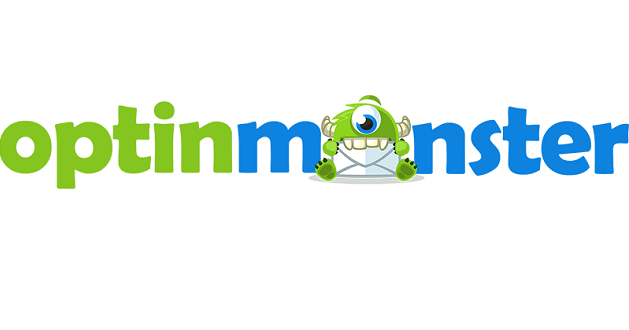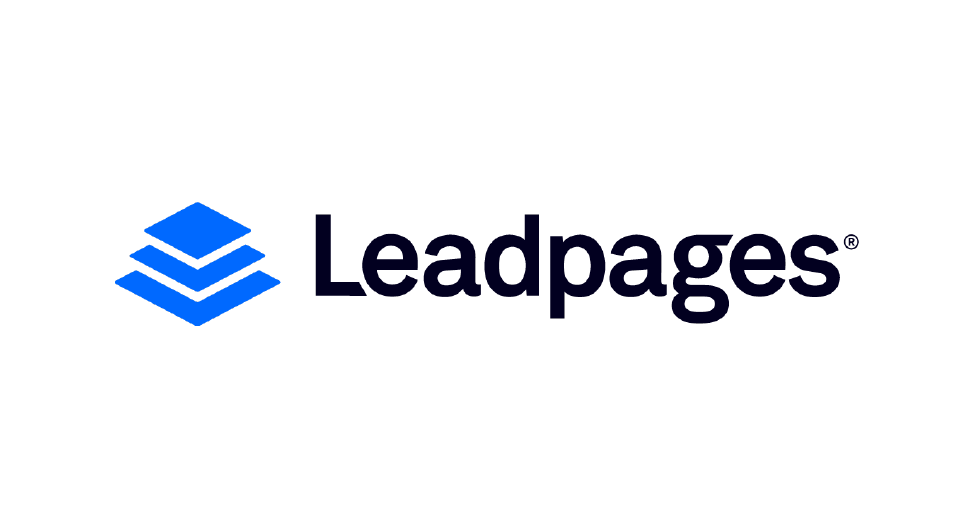Marketing Automation Overview
SEO Is A Marathon Not A Sprint
Free 30 Minute Strategy Session
More Traffic And More Leads
Lead Top Fold
Overview
As a business owner, you don’t have the time to send every email or create every social media post personally. And neither does the rest of your team.
That’s why there’s marketing automation – a powerful technique that uses software to automate marketing strategies. When executed correctly, automation can provide relief from repetitive tasks. At the same time, it can help improve your relationship with prospects and streamline the sales funnel.
In other words: marketing automation can make life easier for everyone on your team. But if you misuse the concept, it can backfire. Instead of relying on software alone, you must approach automation as a comprehensive strategy.
Why you need automation
If you never considered automation before, now may be the time to start. According to an article from Salesforce, on average, marketing automation drives a 14.5% increase in sales productivity. The process also provides a 12.2% average reduction in marketing overhead.
Furthermore, an article from Marketo notes that around 67% of leading marketers are more likely to use automation. And 87% of top-performing firms use the technology.
Automation is something that every developed business – including yours – needs as part of its marketing strategy. The trick is learning how to apply the technology correctly.
How marketing automation software works
Many different marketing automation software platforms are available. The goal of these products is to move prospects through the sales funnel on a large scale.
The central marketing database, engagement marketing engine, and analytics engine are the three primary components within the software that make that happen. Each plays a unique role in drawing in customers and nurturing leads.
The journey starts with the central marketing database. In this phase, the software collects and stores information about interactions with prospects. That way, marketers can tailor the right message to each individual.
Next, after the marketing team creates the appropriate content, the engagement engine automates communication tactics, such as email and social media posts. The analytics engine then measures the success of the campaign, so that tweaks can be made if necessary.
Automation software is a comprehensive approach to systemizing the entire sales funnel. But it’s important to note that the process cannot be 100% dependent on algorithms. The software should be thought of as a tool, rather than a way to mechanize the entire sales process.
In other words: Human input is an essential part of using automation in your sales strategy.
What tasks can marketing automation help with?
Automation can improve many different aspects of marketing. Here are some of the ways you and your team can use the technology to your advantage.
Email and other communication platforms
As was mentioned, automation can send messages across email, social media, text and other platforms. Timely communication via automation can speak to certain demographics in a more personalized way. At the same time, when used properly, the technology can provide insight regarding customer behavior.
Lead nurturing and prospect cultivating
Automation can be useful in many other areas of marketing, as well. For example, the technology can simplify routine tasks, such as lead generation, nurturing and scoring. Automation can even help out with visitor tracking, building landing pages and real-time sales alerts. All of these actions can help draw in, retain and convert prospects.
Data analytics
Also, automation can help measure the success of a marketing campaign. The software collects large amounts of data that it can either analyze itself or hand off to a business intelligence tool. Harvesting big data can help paint a picture of the return on investment (ROI). Many automation software bundles also include an analytics and reporting feature that can help build better campaigns.
Making life easier by reducing your workload
In the end, automation maximizes the effectiveness of your marketing campaign while minimizing effort. That means you and your staff can focus on high-priority work instead of mundane, repetitive tasks.
When should you deploy marketing automation?
Does your business already have a solid marketing strategy in place that publishes good content and generates a steady flow of leads? Then it’s probably time to use marketing automation to scale up your efforts. The strategy allows your team to create ad campaigns with a single click. Then, once a strategy is created, you can manage everything in one place.
How to prevent marketing automation from going awry
Few prospects respond favorably to a barrage of impersonal, automated messages. That’s why you can’t count on automation software alone to create a successful campaign. There must be a good marketing team behind the scenes.
Chris Davis, director of education at ActiveCampaign, said in an article from CMS Wire that, “By over-automating your marketing, you end up managing a customer journey instead of optimizing it. Each business is different, but good marketing automation happens when a business is thoughtful about the personal relationships with its customers.”
As such, it's best to apply automation as a tool to learn about your customers and improve their experience. That way, you can use the technology to send the right messages and post the right digital ads at the right time. You can also tailor product recommendations to each individual prospect. All of these strategies require a human touch from a well-versed marketing team.
Artificial intelligence and the future of marketing automation
Artificial intelligence (AI) is a hot topic these days. And obviously, marketing automation is one of the areas in which AI can be extremely useful.
In fact, AI is one of the driving forces behind the widespread adaptation of marketing automation. Increasingly powerful technology transformed automation from a $225 million industry, in 1992, to a $1.65 billion industry by 2017, according to the Medium.
Analyzing vast amounts of data is one of the tasks AI performs the best. The technology can use a process called machine learning to sort through large amounts of information quickly. That ability can be useful in areas, such as predictive analytics and customer relations.
Plus, AI can provide the foundation for robotic customer service (e.g., chatbots and voice assistants). Digital support, such as this, can further automate the marketing process.
Going forward, advancements in AI technology will continue to improve marketing automation. Though, at least for the foreseeable future, there will always be a need for human involvement.
The best way to implement marketing automation
No matter how sophisticated automation algorithms become, the technology still needs a human marketing team to make it effective.
And Juno Digital Media has some of the best automation consultants around. Our team of experts will work with you to develop an effective automation strategy. Once everything is in place, we will be there for you during each step of the nurturing process, helping to move prospects through the sales funnel.
Automation is just one element of Juno Media’s comprehensive marketing strategy. To turn your website into a full-time salesperson, we implement lead generation, search engine optimization (SEO) and pay-per-click (PPC) management. We also apply email marketing, website development and – of course – marketing automation.
To learn more about what Juno Media can do for you, call us at 904-484-7118. You can also contact us online.






